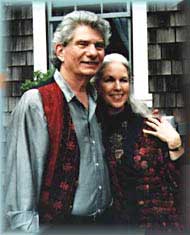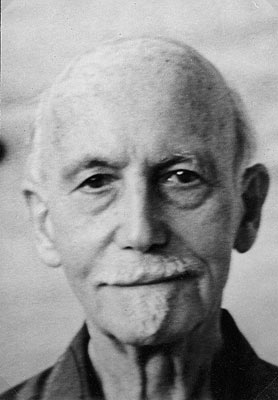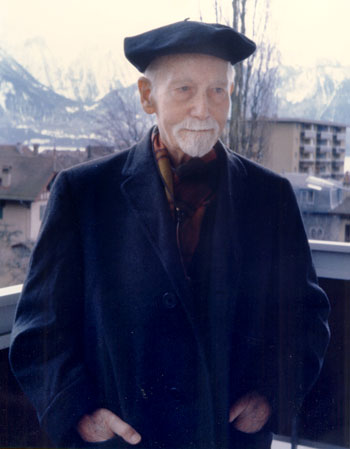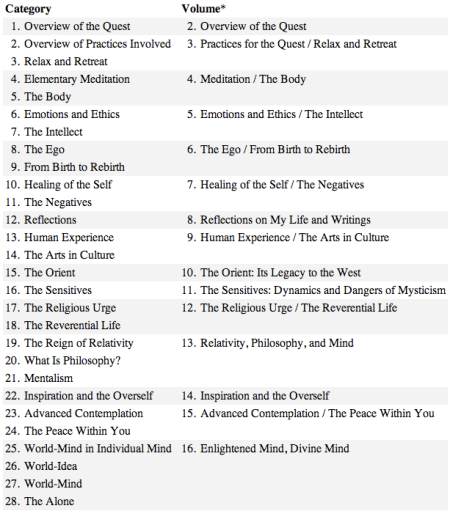Lately, I’ve been re-reading Walter Starcke’s autobiographical account of his time with the faith healer Joel Goldsmith. It is called Joel Goldsmith and I and it is a fascinating book which covers many details you always wished you knew about Joel.
Here is an excerpt from the book about Joel’s wife Emma and her son:
Emma had come to Joel’s lectures seeking a spiritual healing for her spastic son, Sammy, whose condition the doctors said was incurable. The boy was about 7 years old at that time.
I remember the first time I saw and met Emma and Sammy. Joel and I were sitting on the lawn behind the hotel at the water’s edge around sunset one evening when we looked up and saw Emma and her son walking across the narrow sea wall that separated the Halekalani Hotel from the rest of Waikiki Beach and the Royal Hawaiian Hotel, with the waves crashing on one side and a ten-foot deep ditch on the other. I was alarmed because behind her was her spastic son, staggering down the wall, arms and legs flying in all directions, about to jerk himself off the wall onto the rocks below.
Though at that time the doctors said his condition was incurable, it took some years of working with Joel for Sammy’s healing to take place. By the time he was in his teens there was no longer any sign of the physical incapacity except for a very slight speech impediment, and he eventually became an airline pilot.
Such healings were common around Joel and some of the other gifted healers in the New Thought and Christian Science movement. They were miracle workers – or rather miracles occurred through them.
I asked Swami-ji about Joel’s healing ability and he said that Joel is not actually helping these people by healing them. I assume that what he was meaning is that the search for God is usually fueled by difficult circumstances – what benefit is there in taking away that fuel?
My doubt about the work of Joel and similar people is the emphasis they put on “demonstration.” That is, manifesting their desires whether that be health, wealth or whatever.
The Vedic approach has a different emphasis – there is very little emphasis on healing the body or circumstances. Rather the emphasis is on being free of them. This reminds me of the story from the Bible (I don’t know where) in which Jesus meets a crippled woman, but instead of healing her body she has a shift in consciousness and becomes very happy.
Faith is a mighty force for making miracles happen – there is no doubt about that. But is it the best use of the mind? After all, it is only the ego that demands its own way. I asked Swami-ji about this and he said that faith is a very practical skill to have for healing etc, but it is not really the best use of the mind. The best is self-inquiry – seeing to whom this all occurs. This frees us from whatever the desire is and returns us to simple being.
Trying to change our circumstance is to not know and accept the perfection of right now – whether that be a pleasant or unpleasant experience. When the mind is pure then even painful experiences are not resisted – they are allowed to rise and can be appreciated for what they are rather than fought.
Reconciling Joel’s teaching and Vedanta is a work-in-progress for me. Joel’s work has helped me a lot, especially with expanding my view on aspects enlightenment. But when it comes down to it, Joel was a one-man band. Consequently, I am firmly on the side of Vedanta and its tradition of masters.
 I am a big fan of Voice Dialogue. It is a psychological system created by two Jungian psychologists: Drs Hal and Sidra Stone.
I am a big fan of Voice Dialogue. It is a psychological system created by two Jungian psychologists: Drs Hal and Sidra Stone. 


 Posted by Kiwi Yogi
Posted by Kiwi Yogi 

